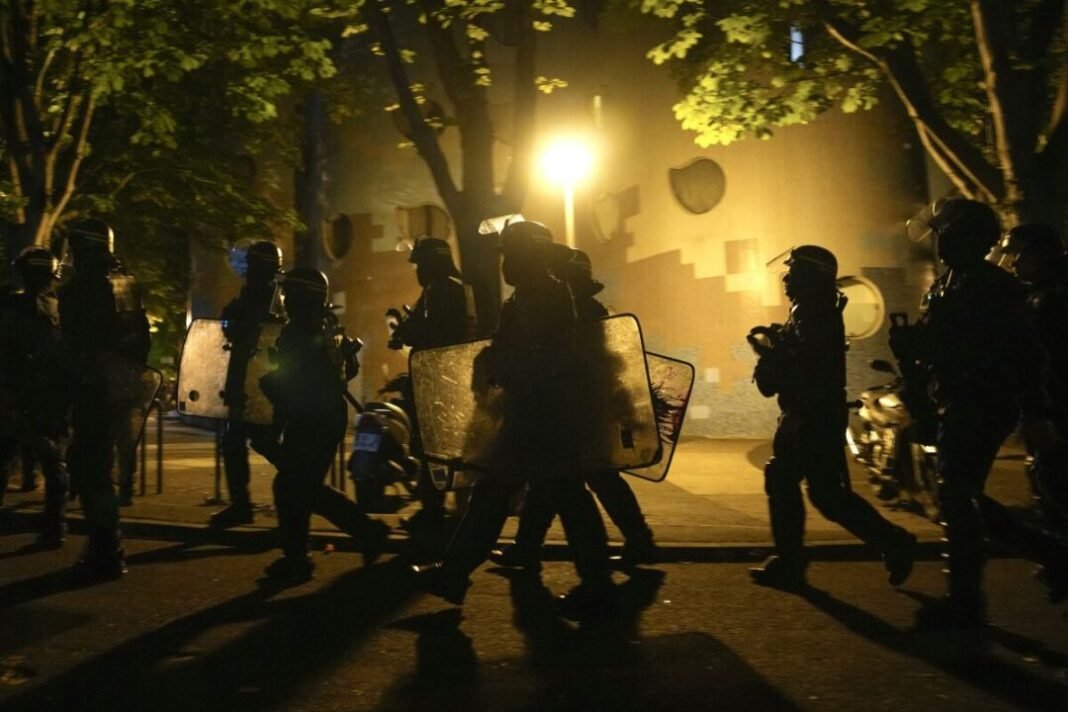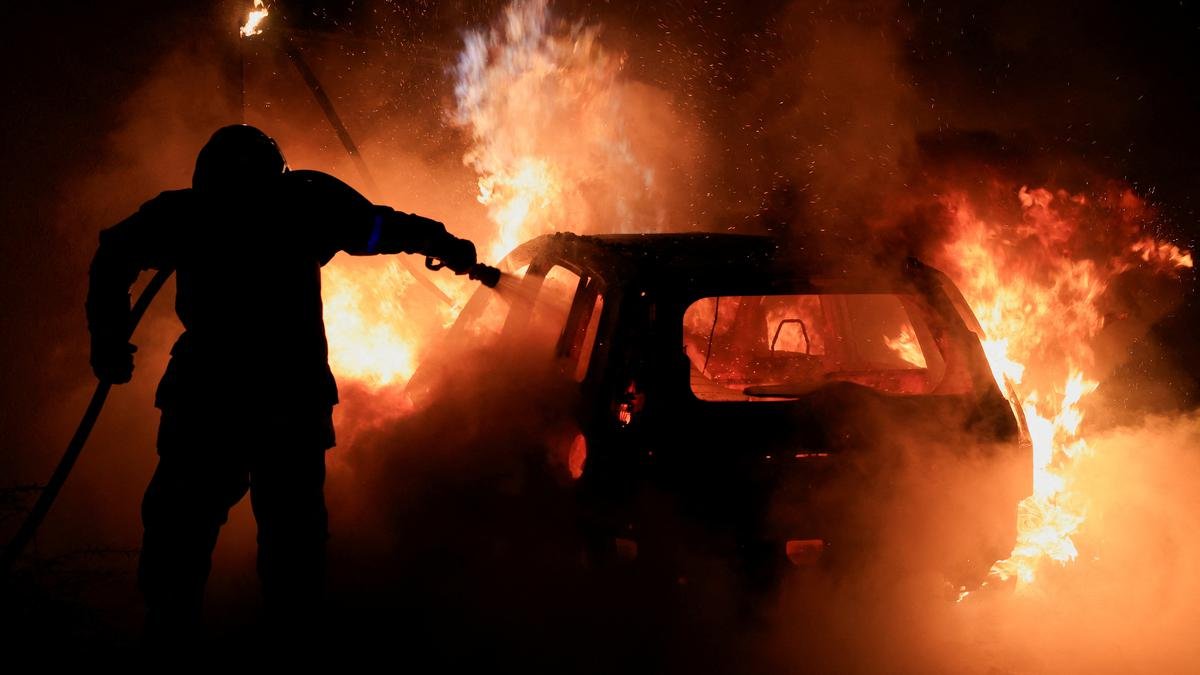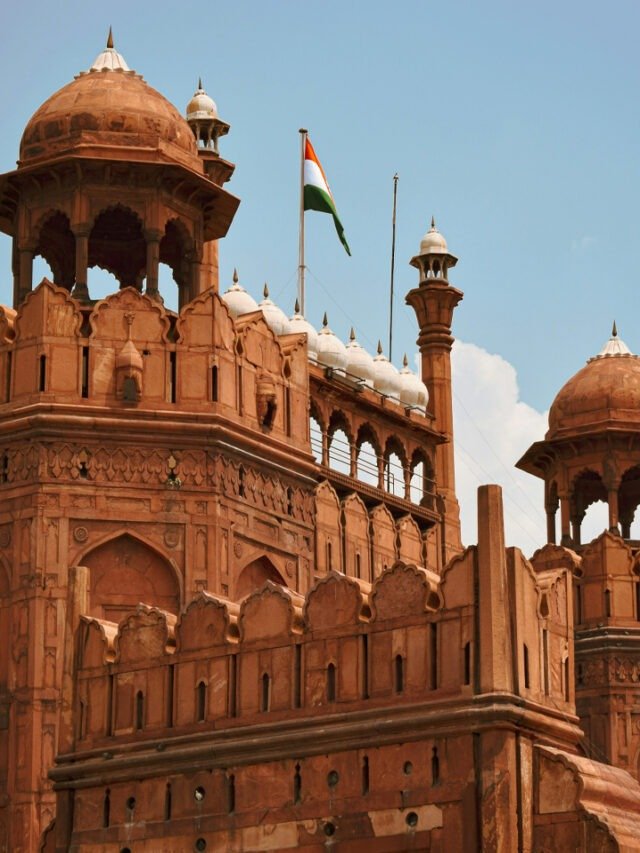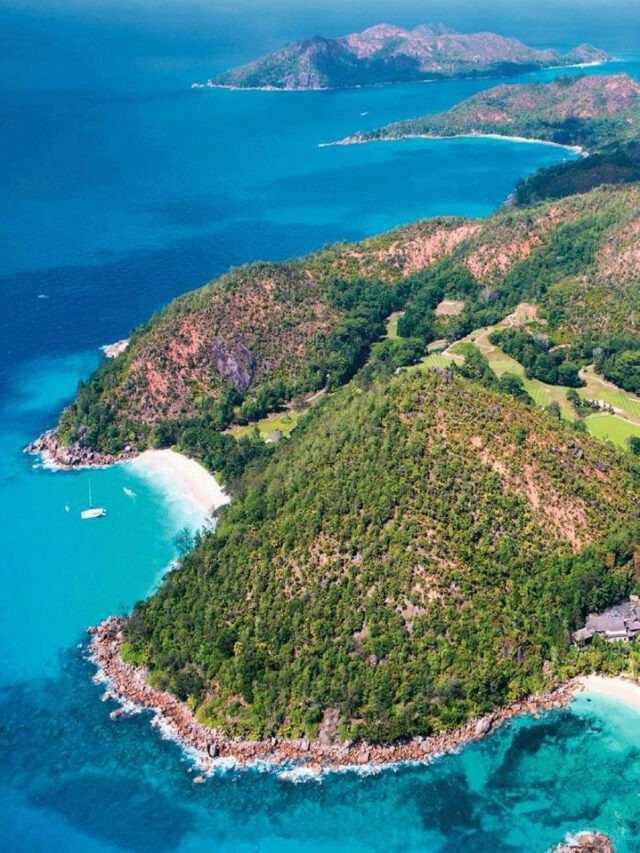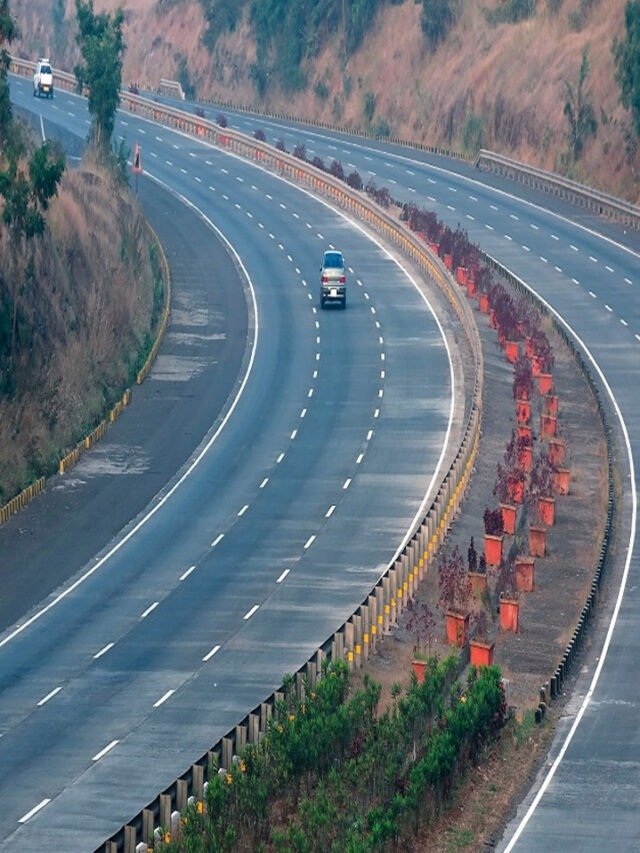PARIS, July 1 (AP): Rioting raged in cities around France for a fourth night despite a huge police deployment and 1,311 arrests, with cars and buildings set ablaze and stores looted, as family and friends prepared on Saturday to bury the 17-year-old whose killing by police unleashed the unrest.
France’s Interior Ministry announced the new figure for arrests around the country, where 45,000 police officers fanned out in a so-far unsuccessful bid to quell violence.
Despite an appeal to parents by President Emmanuel Macron to keep their children at home, street clashes between young protesters and police raged on. About 2,500 fires were set and stores were ransacked, according to authorities.
The funeral ceremony for the teen, identified only as Nahel, who was killed by police in the Paris suburb of Nanterre on Tuesday, began on Saturday. Family and friends were viewing the open coffin before it will be taken to a mosque for a ceremony and later burial in a town cemetery.
As the number of arrests continued to mount, the government suggested the violence was beginning to lessen thanks to tougher security measures. Since the unrest began on Tuesday night, police have made a total of 2,400 arrests — more than half of those in the fourth night of violence.
Still, the damage was widespread, from Paris to Marseille and Lyon and even far away, in the French territories overseas, where a 54-year-old died after being hit by a stray bullet in French Guiana.
Hundreds of police and firefighters have been injured, including 79 overnight, but authorities haven’t released injury tallies for protesters.
France’s national soccer team — including international star Kylian Mbappe, an idol to many young people in the disadvantaged neighbourhoods where the anger is rooted — pleaded for an end to the violence.
“Many of us are from working-class neighbourhoods, we too share this feeling of pain and sadness” over the killing of 17-year-old Nahel, the players said in a statement. “Violence resolves nothing. … There are other peaceful and constructive ways to express yourself.”
They said it’s time for “mourning, dialogue and reconstruction” instead.
Nahel’s mother, identified as Mounia M., told France 5 television that she was angry at the officer, but not at the police in general. “He saw a little Arab-looking kid, he wanted to take his life,” she said.
“A police officer cannot take his gun and fire at our children, take our children’s lives,” she said. The family has roots in Algeria.
The slaying of Nahel stirred up long-simmering tensions between police and young people in housing projects who struggle with poverty, unemployment and racial discrimination. The subsequent rioting is the worst France has seen in years and puts new pressure on Macron, who blamed social media for fuelling violence.
Anger erupted in the Paris suburb after Nahel’s death there on Tuesday and quickly spread nationwide.
Early on Saturday, firefighters in Nanterre extinguished blazes set by protesters that left scorched remains of cars strewn across the streets. In the neighbouring suburb Colombes, protesters overturned garbage bins and used them for makeshift barricades.
Looters during the evening broke into a gun shop and made off with weapons in the Mediterranean port city of Marseille, police said. Officers in Marseille arrested nearly 90 people as groups of protesters lit cars on fire and broke store windows to take what was inside.
Buildings and businesses were also vandalized in the eastern city of Lyon, where a third of the roughly 30 arrests made were for theft, police said. Authorities reported fires in the streets after an unauthorized protest drew more than 1,000 people earlier Friday evening.
With fewer fires, cars burned and police stations attacked around France than on the previous night, according to the Interior Ministry, Interior Minister Gerald Darmanin claimed the violence was of “much less intensity”
.
Nanterre Mayor Patrick Jarry said that France needs to “push for changes” in disadvantaged neighbourhoods.
Despite repeated government appeals for calm and stiffer policing, there has been brazen daylight violence, too. An Apple store was looted in the eastern city of Strasbourg on Friday, That same day windows of a fast-food outlet were smashed in a Paris-area shopping mall.
In the face of the escalating crisis that hundreds of arrests and massive police deployments have failed to quell, Macron held off on declaring a state of emergency, an option that was used in similar circumstances in 2005.
Instead, his government ratcheted up its law enforcement response, with the mass deployment of police officers, including some who were called back from vacation.
Darmanin ordered a nationwide nighttime shutdown on Friday of all public buses and trams, which have been among rioters’ targets. He also said he warned social networks not to allow themselves to be used as channels for calls to violence.
“They were very cooperative,” Darmanin said, adding that French authorities were providing the platforms with information in hopes of cooperation identifying people inciting violence.
“We will pursue every person who uses these social networks to commit violent acts,” he said.
Macron, too, zeroed in on social media platforms that have relayed dramatic images of vandalism and cars and buildings being torched. Singling out Snapchat and TikTok, he said they were being used to organize unrest and served as conduits for copycat violence.


